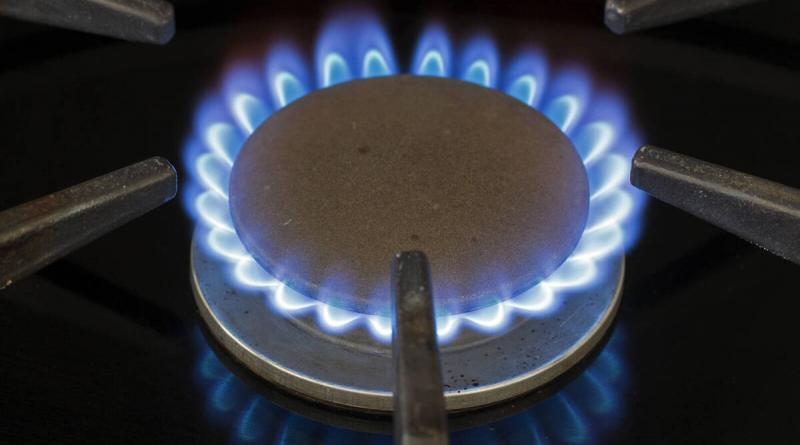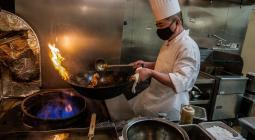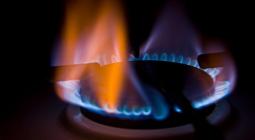San Francisco bans natural gas use in new construction projects.

San Francisco will ban natural gas infrastructure in most new construction, reinforcing previous building electrification measures adopted in California’s fourth most populous city.
The city’s Board of Supervisors on Nov. 17 voted unanimously to amend San Francisco’s building code to prohibit the issuance of permits for residential and commercial construction that includes gas piping. The gas ban would apply to buildings built after June 1, 2021, with exceptions for restaurants and cases where all-electric construction is not technically feasible.
Supervisor Rafael Mandelman introduced the legislation on June 30, opting to pursue a strategy pioneered by Berkeley, Calif., which taps the city’s power to modify its building code to safeguard public health and safety. The ordinance is meant to reduce the city’s greenhouse gas emissions, but also acknowledges the risk of natural gas explosions and research that links burning the fuel indoors with adverse health outcomes.
The Board of Supervisors previously prohibited gas infrastructure in municipal building construction and renovation. It also adopted a so-called energy reach code — which “reaches” beyond minimum state standards — to require new buildings with gas infrastructure to achieve higher energy standards than all-electric buildings.
Lawmakers made several changes to the original version of the gas ban ordinance, which included a blanket exception for gas piping in commercial kitchen spaces through Jan. 1, 2022. The final version allows city officials to grant restaurant exceptions beyond that date, but only after determining the applicant has shown that gas appliances are necessary for a specific food service, such as cooking with a wok.
More than 30 California towns, cities and counties have adopted building gas bans or electrification requirements and preferences for new construction.
18 November 2020
IEEFA




